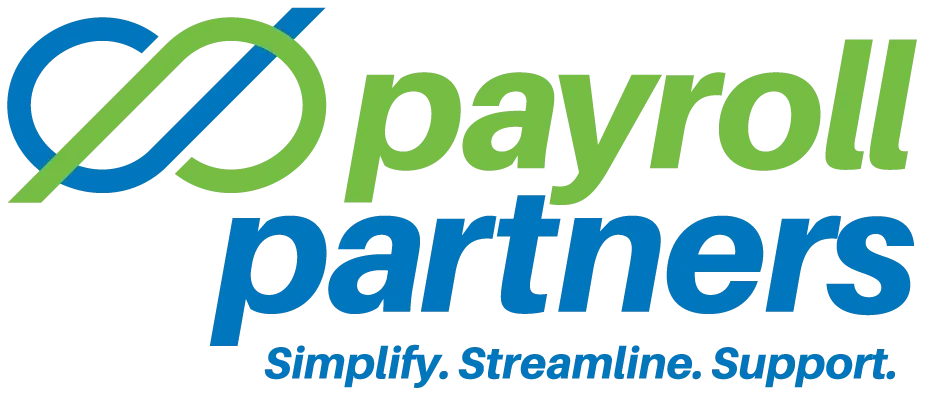WASHINGTON — The Internal Revenue Service strongly urges qualifying businesses, tax-exempt organizations, and state, local and Indian tribal governments to complete the pre-filing registration process now for projects placed in service in 2023 if they plan to claim elective pay.
Taxpayers should file their annual return after completing the pre-filing registration process. A timely filed return (including extensions) is required to make an elective payment election. Electronic return filing, if not required, is strongly encouraged.
Taxpayers who file their return electronically can review information about IRS approved-e-file providers to find a Modernized e-File (MeF) provider, and should confirm that the software chosen supports all necessary forms, such as Form 3800, General Business Credit, and forms required to figure and report each credit.
The Inflation Reduction Act and the CHIPS Act of 2022 allow taxpayers to take advantage of certain manufacturing investment, clean energy investment and production tax credits through elective pay or transfer.
Elective payment and the transfer election create alternative ways for applicable entities and eligible taxpayers who have earned one of the IRA clean energy or the CHIPS credits to get the benefit of the credit even if the taxpayer cannot use the credit to offset their tax liability.
Taxpayers who intend to make an elective payment or credit transfer election must earn the credit, which means they must make a tax credit qualifying investment or undertake tax credit qualifying production activities to earn a credit eligible for an elective payment or transfer election.
The taxpayer must complete the pre-file registration process to receive a registration number. The registration number must be included on the taxpayer’s annual return as part of making a valid election. Complete and submit the pre-filing registration request no earlier than the beginning of the tax year in which the taxpayer will earn the credit related to an elective payment election or transfer election.
The IRS recommends that taxpayers submit the pre-filing registration at least 120 days prior to when the organization or entity plans to file its tax return on which it will make its election. This should allow time for IRS review, and for the taxpayer to respond if the IRS requires additional information before issuing the registration numbers.
The IRS will share information about the status of a taxpayer’s pre-file registration package exclusively through the IRA/CHIPS Pre-Filing Registration tool. If the taxpayer affirmatively opts in to receive email communications, the IRS will notify the taxpayer by email that the status of a registration package has changed.
Taxpayers are not required to opt in to receiving email notifications. However, if they choose not to opt in to receive email notifications, they are responsible to return to the IRA/CHIPS Pre-Filing Registration tool to monitor the status of the registration packages.
The IRS is hosting office hour sessions to assist organizations with the pre-filing registration process and the IRA/CHIPS Pre-filing Registration Tool for elective payment and transferability of clean energy and CHIPS credits. Subject matter experts from Large Business & International and Tax Exempt/Government Entities are available to answer questions.
Organizations may register to attend the following sessions.
| 8/14/2024 | 1-2:30 p.m. EDT | Register |
| 9/4/2024 | 1-2:30 p.m. EDT | Register |
| 9/18/2024 | 1-2:30 p.m. EDT | Register |
| 10/2/2024 | 1-2:30 p.m. EDT | Register |
Resources
- Publication 5884, Inflation Reduction Act (IRA) and CHIPS Act of 2022 (CHIPS) Pre-Filing Registration Tool User Guide.
- Publication 5902, Clean Energy Authorization Permission Management User Guide.
- Register for elective payment or transfer of credits.
- Elective pay and transferability | Internal Revenue Service (irs.gov).
- Elective Pay and Transferability Frequently Asked Questions.
Original content by irs.gov. This information is provided with the understanding that Payroll Partners is not rendering legal, human resources, or other professional advice or service. Professional advice on specific issues should be sought from a lawyer, HR consultant or other professional.

